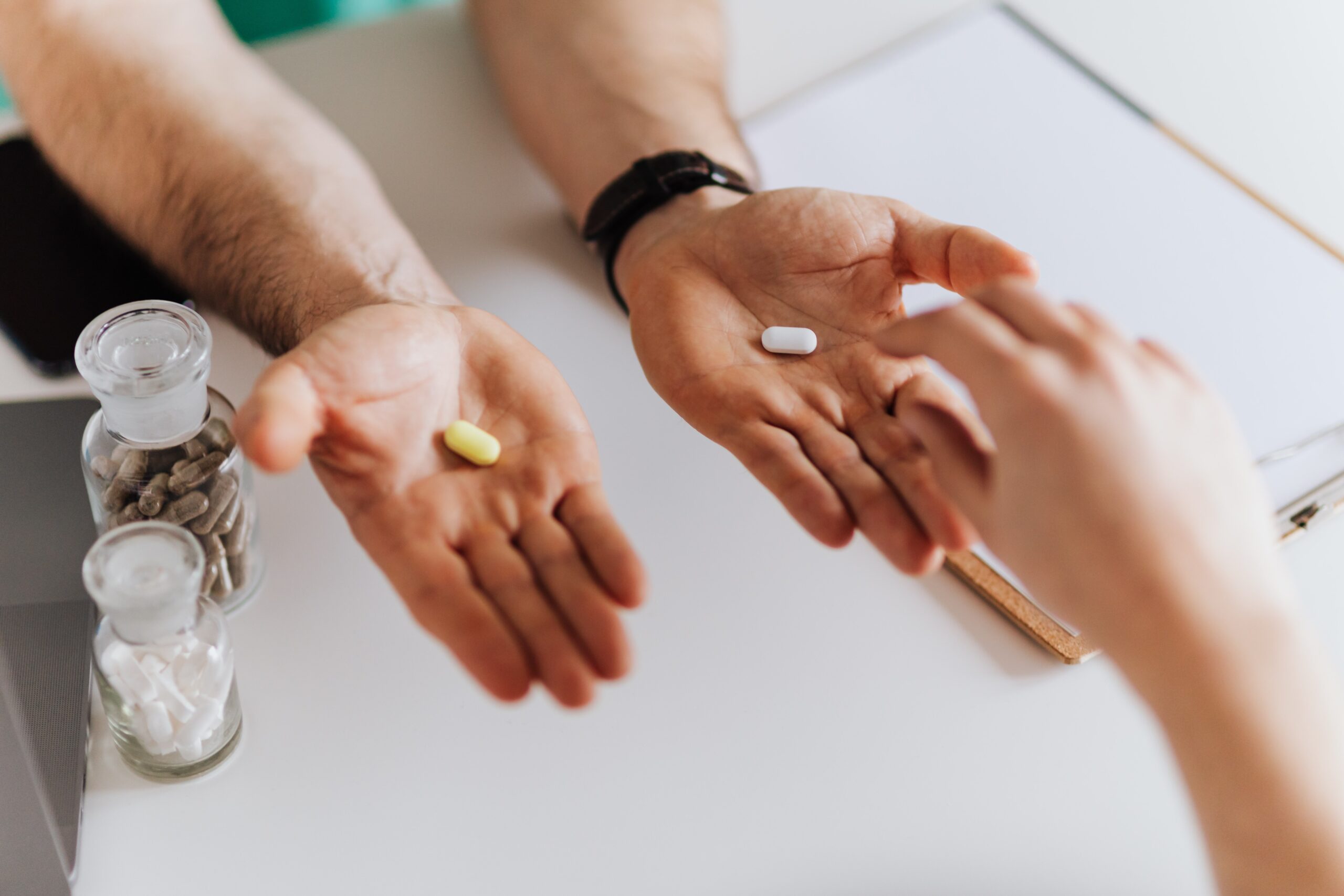
Watch video: Testimonials on the role of pharmacists in self-care
Today, many people accept greater personal responsibility for their health status and obtain as much quality information as possible from expert sources to help them make appropriate decisions about their health. Health literacy is a foundational pre-requisite to responsible self-care which makes two-way communication between the individual and their healthcare professional an essential element of effective self-care.
Pharmacists can play an important role in facilitating effective self-care. Pharmacists are often ranked as the most accessible and most trusted healthcare professionals. Their education and training enable them to translate quality, evidence-based information into sound, unbiased advice on self-care products and strategies to the public. In addition, pharmacists provide patients with comprehensive advice, which may include, but is not limited to, diet, exercise and other lifestyle changes.
Also, pharmacists support the rational selection, administration and responsible use of self-care products, together with the provision of individual counselling, support and follow-up for safety and efficacy.
Living a healthier life, preserving health preventing disease, and adequately managing common ailments and symptoms with or without the support of a healthcare professional benefits the individual and society as a whole. It reduces pressure and demand on health systems and allows for greater investment and access to innovation.
Self-care directly links to FIP Development Goal 18: Access to medicines, devices and services, as every day millions of pharmacists across the globe are empowering patients to make better health decisions and supporting them through different services and products.

Through the promotion of healthy self-care practices, pharmacists have a daily impact on healthcare outcomes, patient satisfaction, and the sustainability of healthcare. Click on the link below to listen to some practical trends by colleagues round the world.

